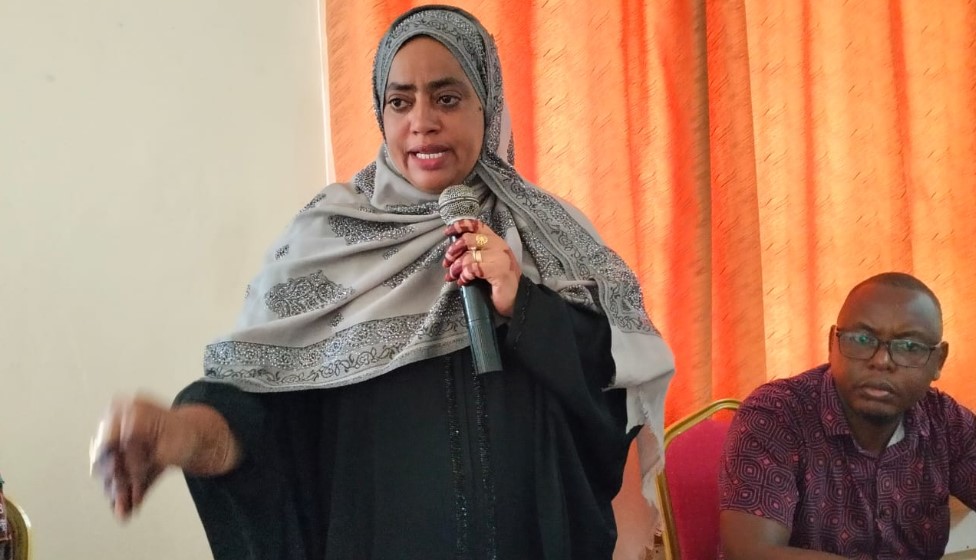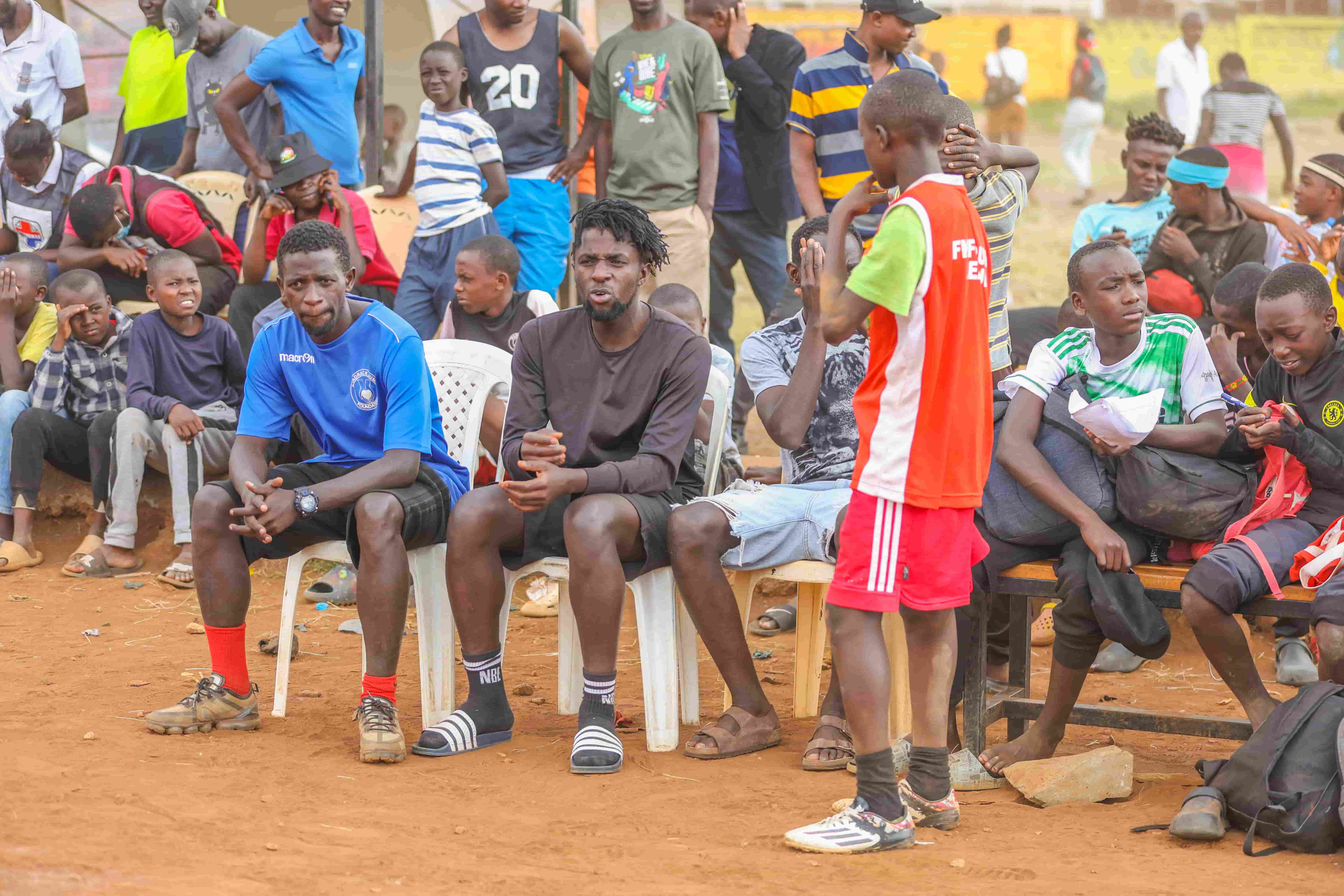Uganda detects first Mpox cases as AU allocates Sh1.3 bn to combat outbreak

The two cases were discovered in the western border district of Kasese, specifically in the towns of Mpondwe and Bwera.
Uganda has reported its first two cases of mpox (previously known as monkeypox), according to an announcement from the Health Ministry on Saturday. This development comes just a day after the African Union allocated Sh1.3 billion ($10.4 million) to fight the outbreak on the continent.
The two cases were discovered in the western border district of Kasese, specifically in the towns of Mpondwe and Bwera.
More To Read
The Director General of Health Services, Henry Mwenda, revealed that the infections originated from the neighbouring Democratic Republic of the Congo (DRC).
“Our findings indicate the infections did not take place in Uganda but came from the DRC," he stated. He further mentioned that nine individuals who had contact with the confirmed cases are currently under medical surveillance.
The news from Uganda follows recent reports of mumps cases in other East African countries. Kenya and Burundi reported one and three cases, respectively, last month. The DRC, on July 20, disclosed more than 11,000 suspected cases, including approximately 450 deaths. The recent surge in cases has raised alarms across the continent.
In response to the growing crisis, the African Union urgently approved Sh1.3 billion ($10.4 million) from COVID-19 funds to support the Africa Centres for Disease Control and Prevention (Africa CDC) in its efforts to combat the mumps outbreak. The 55-nation AU emphasised that the funding would bolster government and partner actions to enhance monitoring, laboratory testing, regional and national data collection, case and infection management, and access to vaccines.
The East African Community (EAC), a coalition of eight member states, also called on governments to educate their citizens on preventive measures. “Governments need to educate their citizens on how to protect themselves and prevent the spread of mumps,” the EAC urged.
Kenya confirmed its first mpox case shortly after the EAC’s statement, identifying the virus at the Taita Taveta border point with Tanzania. An individual travelling from Uganda to Rwanda through Kenya tested positive for the virus, according to the Kenyan Health Ministry.
Historically, certain West and Central African nations have been the sole hosts of Mpox, a virus first identified in humans in 1970 in the DRC. The virus primarily spreads to humans from infected animals, often through bushmeat consumption. In May 2022, mumps infections surged globally, predominantly affecting gay and bisexual men. A new subtype, Clade II, drove this spike and eventually overshadowed the original Clade I. In July 2022, the World Health Organisation declared a public health emergency of international concern but later lifted it in May 2023.
However, a new and more lethal strain of Clade I, dubbed Clade Ib, has been spreading in the DRC since last September. This mutated variant has caused significant concern among health officials and has highlighted the urgency of robust preventive measures and medical interventions.
The Africa CDC's recent funding boost aims to address these challenges and support ongoing efforts to manage and contain the virus. As the continent grapples with this public health threat, the focus remains on enhancing diagnostic capabilities, improving case management, and expanding vaccination efforts to mitigate the impact of mpox.
Other Topics To Read
Top Stories Today

















